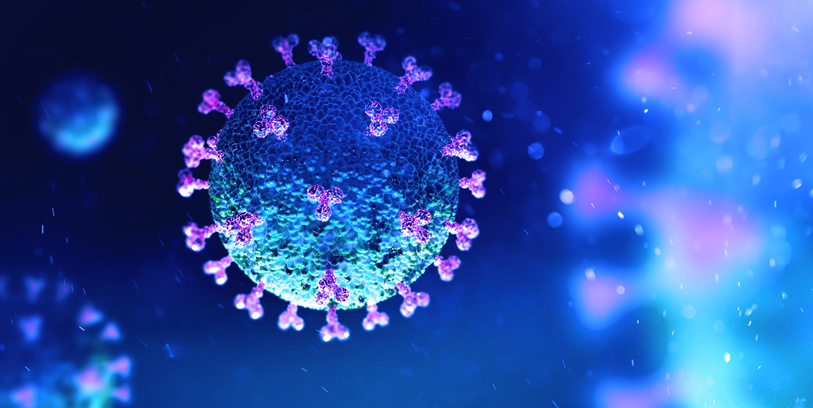
Across the world, the omicron triggered reinfection in several unvaccinated people and new cases among the vaccinated. The strong T cell response was noted when people weren’t reinfected or vaccinated.
T cell immune response and its protective effect

Lab studies in several countries are looking into the neutralization ability of sera in people who recovered from COVID-19 infections and those vaccinated fully. The study revealed insight into the ability of vaccination and/or past infections in preventing transmissive variants with immune escape ability. However, this new study from Wuhan, published in The Lancet Microbe sheds light on the protective memory offered by T cell immune responses one year after the infection.
The study found neutralizing antibodies 12 months following infection in most of the individuals. The T cell remained stable for 6 to 12 months in those below the age of 60. Researchers revealed that “multifunctional T cell responses were detected for all SARS-CoV-2 viral proteins tested”. The magnitude of T cell responses did not vary with the severity of the infections. However, its neutralizing ability was reduced for the Delta variant and almost absent against the Beta. On the other hand, researchers stated that immune responses from the T cells were detected in all 141 participants after a year of infections despite losing the antibody’s neutralizing ability.
Revolutionary study: How does this help?
“SARS-CoV-2-specific neutralizing antibody and T cell responses were retained 12 months after initial infection. Neutralizing antibodies to the D614G, Beta, and Delta were reduced compared with those for the original strain and were diminished in general. Memory T cell responses to the original strain were not disrupted by new variants,” explains the study. Additionally, it also states that the “findings show robust antibody and T cell immunity against SARS-CoV-2. It is present in the majority of recovered patients 12 months after moderate-to-critical infection”.
T cells offer cell-mediated immunity. It is an immune response that doesn’t involve antibodies. However, it activates phagocytes, specific cytotoxic lymphocytes, and releases several cytokines as a response to antigens. Phagocytes are cells with the ability to inject or digest foreign bodies. Cytotoxic T cells or T lymphocytes can destroy cells infected by viruses or tumors. However, further studies are needed for understanding if booster doses help in increasing this vital response. “In contrast, only 68 (48%) had neutralizing antibodies against D614G, 32 (23%) had neutralizing antibodies against the Beta variant, and 69 (49%) had neutralizing antibody responses against the Delta variant”, adds the study.
